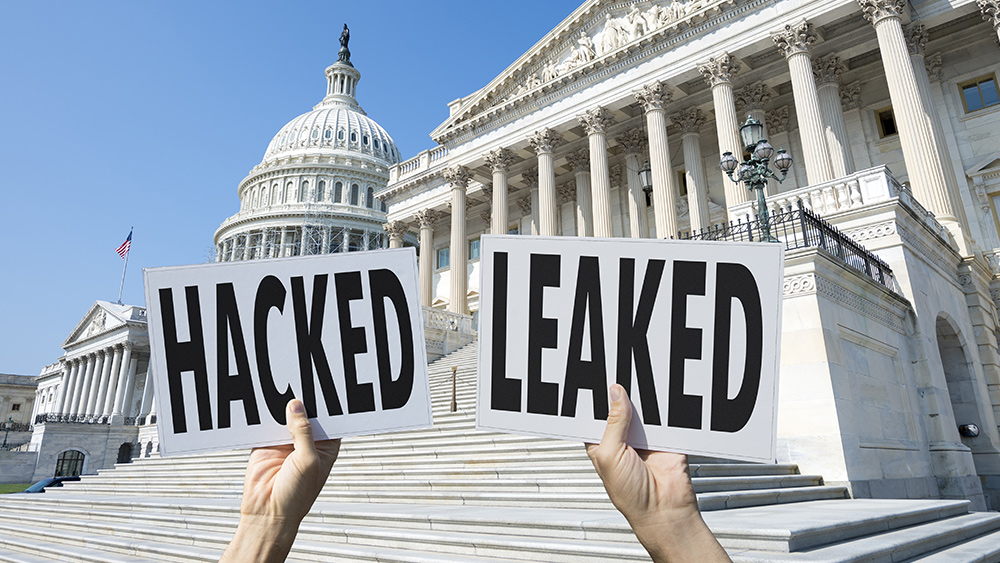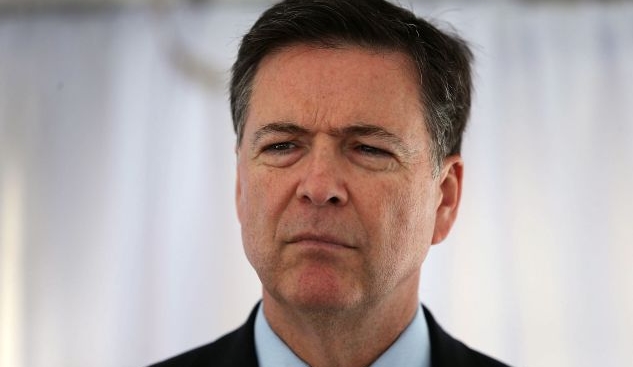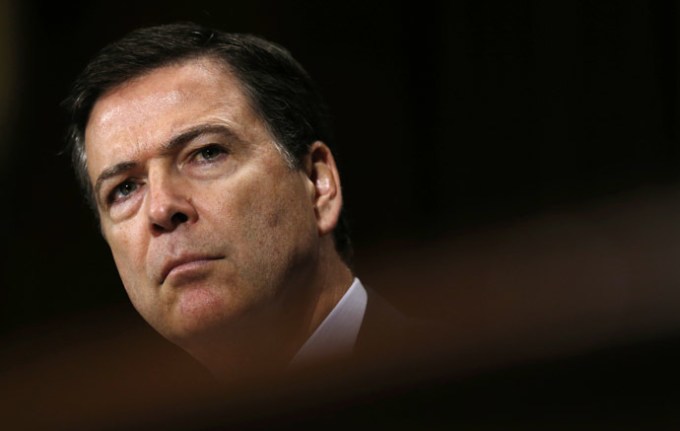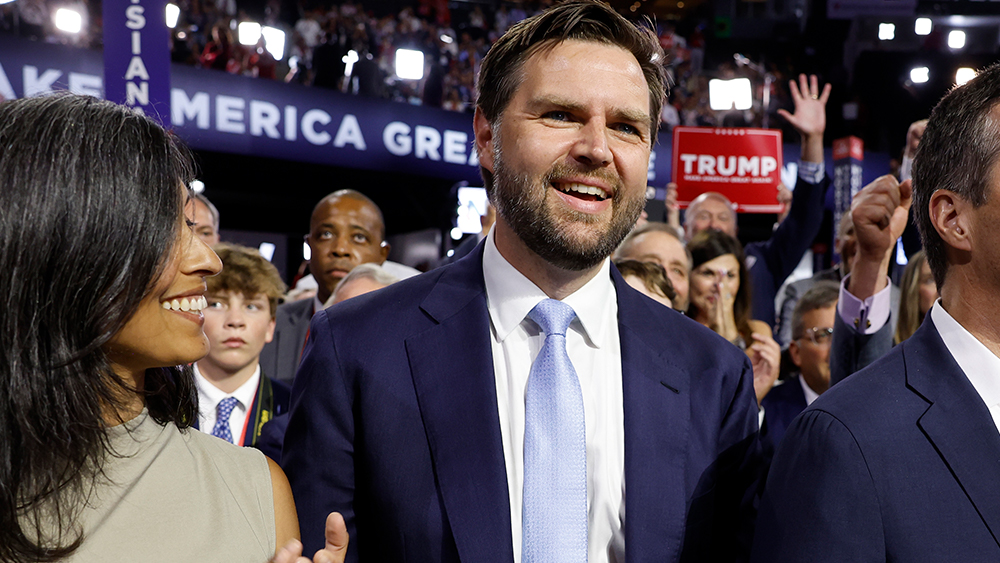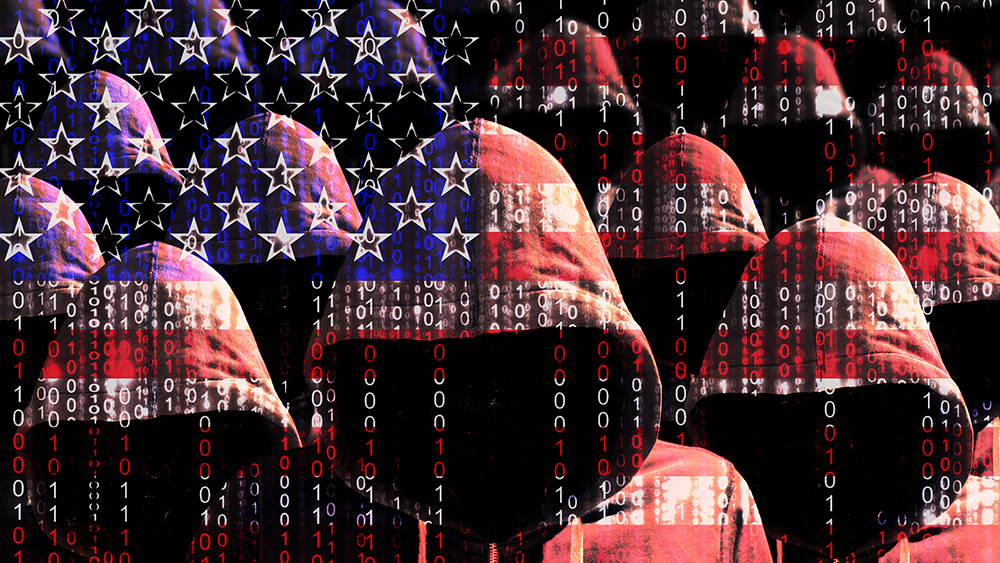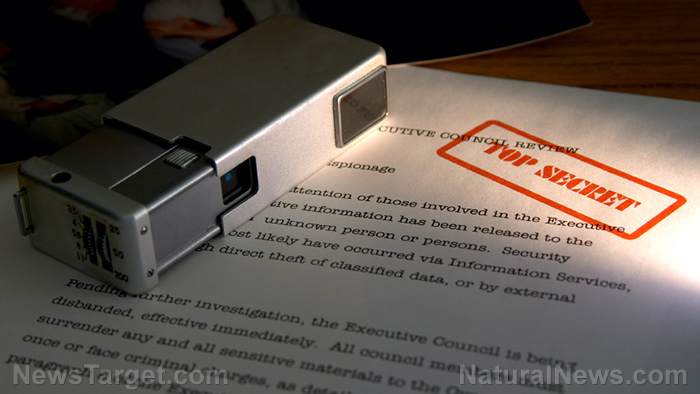Australia under scrutiny for passing law banning social media for kids under 16 (which will require ID verification for everyone)
12/04/2024 / By Laura Harris

Australia is now facing scrutiny for passing a law that would ban children under 16 from using social media and would establish an online surveillance system for all Australians on the internet.
The Online Safety Amendment Bill 2024, designed to protect the mental health of children and adolescents, mandates that social media platforms verify the age of their users. The legislation, passed by the Senate on Nov. 28 with a 34-19 vote, would impose penalties of up to AU$ 50 million ($32 million) for non-compliance. (Related: British government mulling SOCIAL MEDIA BAN for teenagers 16 and younger.)
However, skeptics have warned the public about broader implications.
Tech mogul Elon Musk described the law as a “backdoor way to control access to the Internet by all Australians,” while journalist Michael Shellenberger labeled it a “Trojan horse” that would “create digital IDs, which is a giant leap into the totalitarian dystopia depicted in ‘Black Mirror’ and already in place in China.”
Moreover, the bill offers little detail on how age verification will work. This would require platforms to collect and store sensitive data, despite promises of barring platforms from collecting personal data like government-issued IDs and biometric solutions, such as facial recognition.
The explanatory memorandum stipulates that collected data must be destroyed after age verification. However, it also suggests ongoing monitoring to prevent users from circumventing restrictions. The legislation also leaves several questions unanswered, including which platforms will be affected. Unfortunately, this bill would take effect at the end of 2025.
Australian government attempts to curb free speech but fails to do so
In addition to passing the Online Safety Amendment Bill 2024, the Australian government is also attempting to curb speech online through the “Misinformation and Disinformation Bill.”
The bill, which is an amendment to the Broadcasting Services Act 1992, mandates digital platforms to stop the dissemination of content “that contains information that is reasonably verifiable as false, misleading or deceptive and is reasonably likely to cause or contribute to serious harm of a specified type (misinformation and disinformation).”
However, critics argue that the main purpose of the bill is to shield the government and health authorities from criticism over their Wuhan coronavirus (COVID-19) pandemic response to ensure that incoming health authorities and politicians would be immune from scrutiny and criticism. Critics say its vague definitions risk arbitrary censorship.
Nola Marino, a member of the conservative opposition Liberal Party, expressed her disbelief that Australia would be “debating a bill that is explicitly designed to censor and silence the Australian people.”
Keith Pitt of the National Party echoed a similar statement. Pitt described the bill as a “yawning chasm that is incredibly dangerous to this country.” He stressed that Western democracies like Australia are founded on freedom of expression and religion, but shockingly, legislation disregarded these objections.
Fortunately, the government withdrew the bill after strong Senate opposition in November.
“The government will not proceed with the Communications Legislation Amendment (Combating Misinformation and Disinformation) Bill 2024,” said Communications Minister Michelle Rowland.
Read more stories like this at Surveillance.news.
Should cell phones be banned from schools? Watch this video.
This video is from the Daily Videos channel on Brighteon.com.
More related stories:
Los Angeles Unified School District implements cellphone and social media ban.
Parents and school officials of small Irish town unite to BAN SMARTPHONES for children as old as 13.
SURVEY: Majority of American teenagers feel happy and peaceful without smartphones.
Sources include:
Submit a correction >>
Tagged Under:
age verification, Australia, banned, big government, Big Tech, Censorship, child safety, computing, conspiracy, cyber war, deception, encryption, Glitch, information technology, national security, online safety, privacy watch, Social media, Spygate, surveillance, traitors, watched
This article may contain statements that reflect the opinion of the author
RECENT NEWS & ARTICLES
COPYRIGHT © 2017 PRIVACY WATCH NEWS


